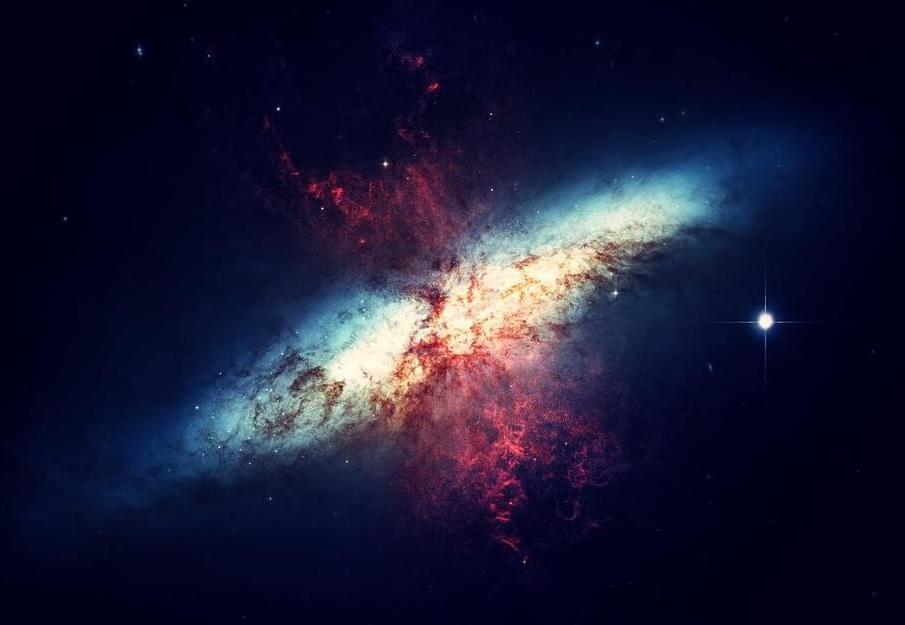Firing ultrasound signals into rodent brains puts them in a torpor-like state. Scientists are wondering if it could be used on humans.



Dr. Alice Agogino’s Mars robot technology finds terrestrial applications, revolutionizing disaster response and public safety with Squishy Robotics Inc.
For her NASA-funded spherical skeleton robots intended for interplanetary exploration, Dr. Alice Agogino, a famous scientist and the head of the Berkeley Emergent Space Tensegrities Lab at the University of California, Berkeley, has found terrestrial applications.
The robots developed by Agogino, which were initially meant for data collection on Mars or the Moon, may help first responders in the event of calamities on Earth.
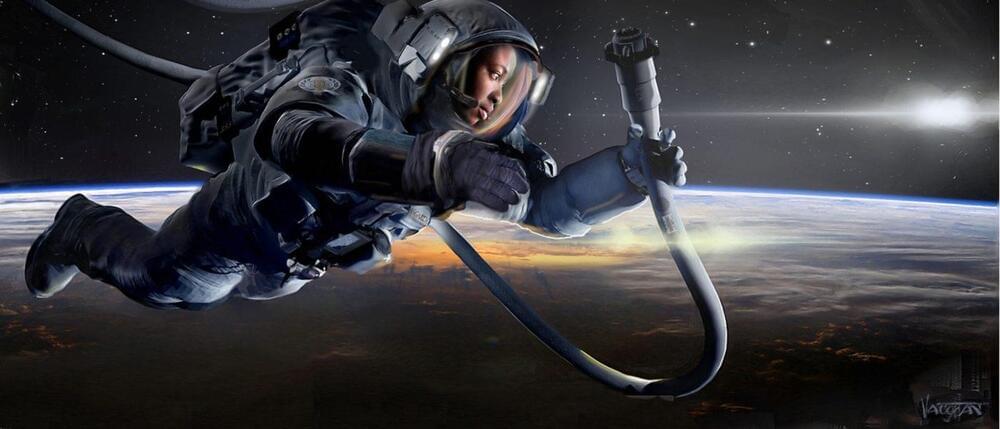

If there are energy fluctuations in a quantum vacuum, very interesting things can happen. For example, the E = mc2 relation tells us that energy and matter are interconvertible. A vacuum energy fluctuation can be converted into particles of matter. Sounds weird? Maybe, but it happens all the time. These particles are called virtual particles, living a fleeting existence before plunging back into the ever-busy quantum vacuum.
Tryon extrapolated the idea of quantum fluctuations to the Universe as a whole. He reasoned that if all that existed was a quantum vacuum, a bubble-like energy fluctuation out of this vacuum could have given rise to the Universe. Tryon proposed that the whole Universe is the result of a vacuum fluctuation, originating from what we could call quantum nothingness.
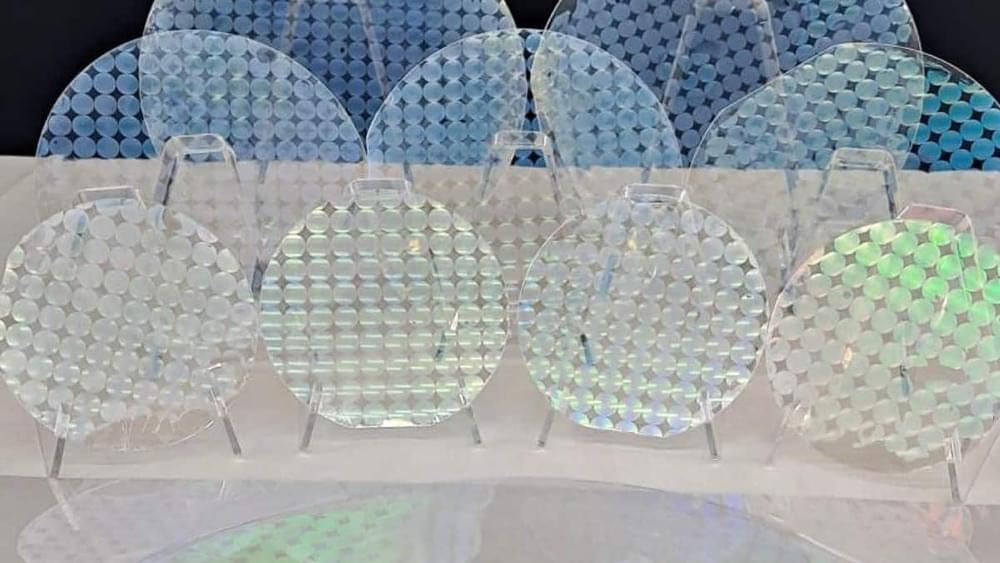
From eyeglasses to space telescopes, lenses play crucial roles in technologies ranging from the mundane to the cutting edge. While traditional refractive lenses are a fundamental building block of optics, they are bulky and this can restrict how they are used. Metalenses are much thinner than conventional lenses and in the last two decades plenty of light has been shone on the potential of these devices, which sparkle as a promising alternative.
Metalenses are thin structures made of arrays of “meta-atoms”, which are motifs with dimensions that are smaller than the wavelength of light. It is these meta-atoms that interact with light and change its direction of propagation.
Unlike conventional refractive lenses, metalenses can be less than one micron thick, reducing the overall volume of optical systems. They can also provide ideal diffraction-limited focusing performance, while avoiding some problems associated with refractive lenses such as aberrations.
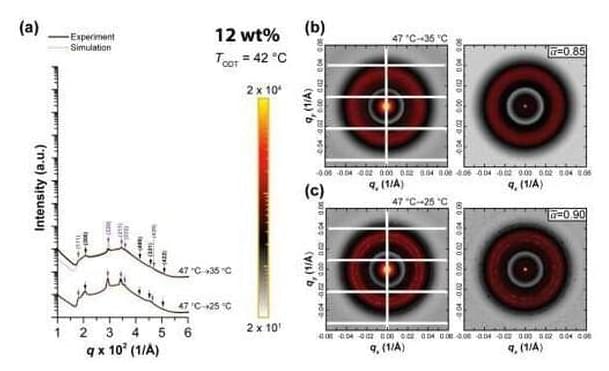
When most people think of crystals, they picture suncatchers that act as rainbow prisms or the semi-transparent stones that some believe hold healing powers. However, to scientists and engineers, crystals are a form of materials in which their constituents—atoms, molecules, or nanoparticles—are arranged regularly in space. In other words, crystals are defined by the regular arrangement of their constituents. Common examples are diamonds, table salt, or sugar cubes.
However, in research just published in Soft Matter, a team led by Rensselaer Polytechnic Institute’s Sangwoo Lee, associate professor in the Department of Chemical and Biological Engineering, discovered that crystal structures are not necessarily always regularly arranged. The discovery advances the field of materials science and has unrealized implications for the materials used for semiconductors, solar panels, and electric vehicle technologies.
One of the most common and important classes of crystal structures is the close-packed structures of regular spheres constructed by stacking layers of spheres in a honeycomb arrangement. There are many ways to stack the layers to construct close-packed structures, and how nature selects specific stacking is an important question in materials and physics research. In the close-packing construction, there is a very unusual structure with irregularly spaced constituents known as the random stacking of two-dimensional hexagonal layers (RHCP). This structure was first observed from cobalt metal in 1942, but it has been regarded as a transitional and energetically unpreferred state.
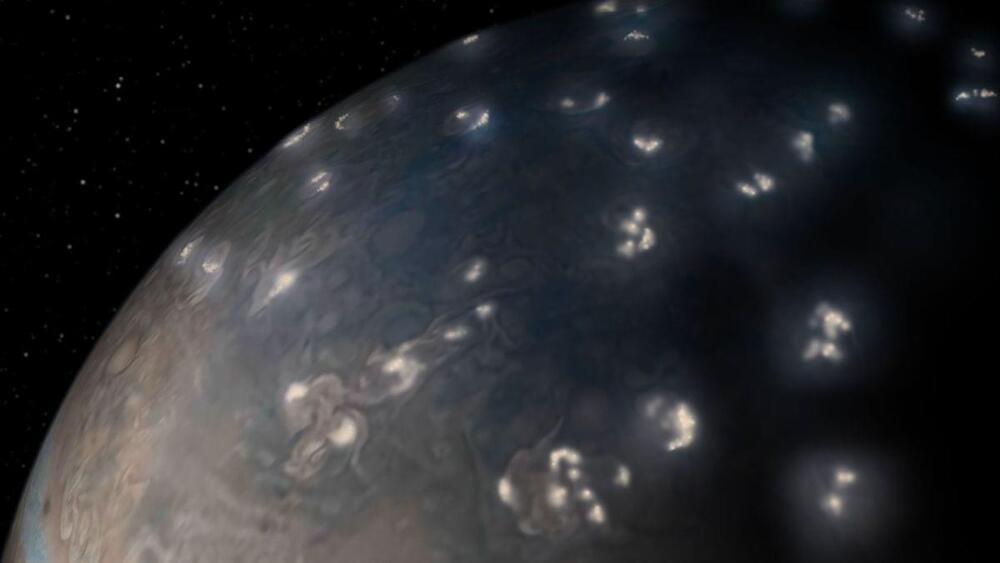
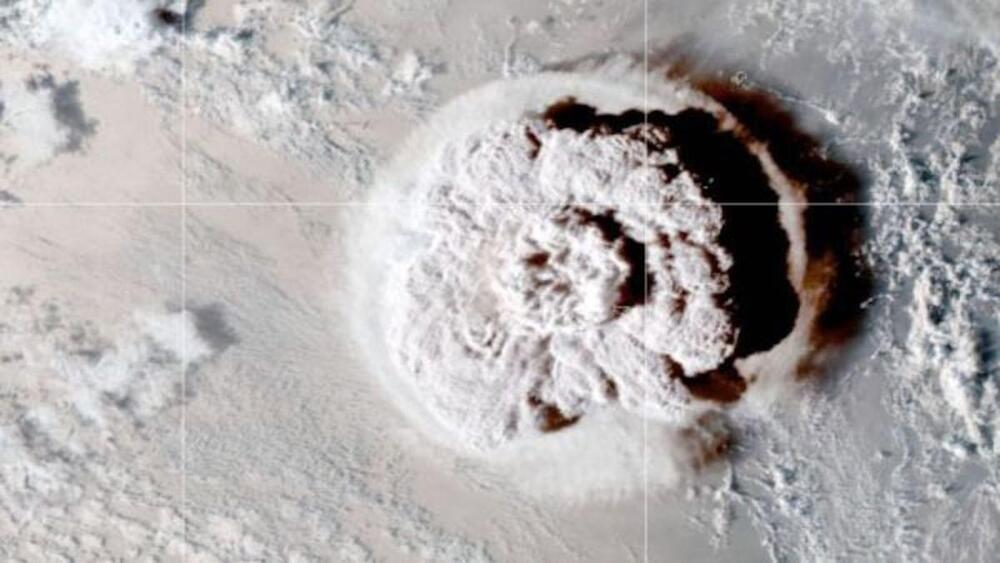
An underwater volcanic eruption last year was powerful enough to generate plasma bubbles that disrupted radio communications in outer space, a new study finds.
The new results could lead to ways to avoid satellite and GPS disruptions on Earth, and to learn more about volcanoes on alien worlds, scientists added.

Space Colonization is Required for the Long-Term Survival of Humanity, but it also has ethical Dimensions. Posted on BigThink, direct link at https://www.searchforlifeintheuniverse.com/post/humanity-s-l…lonization
